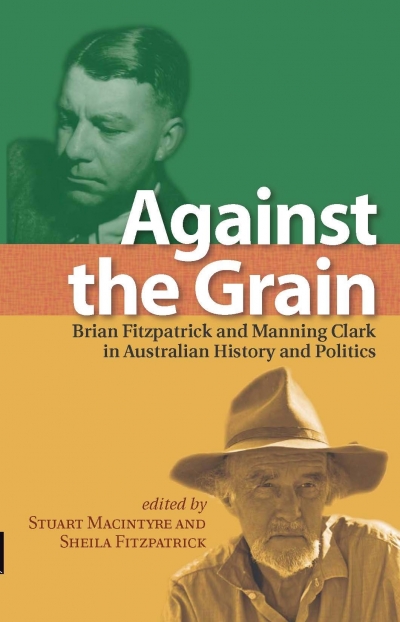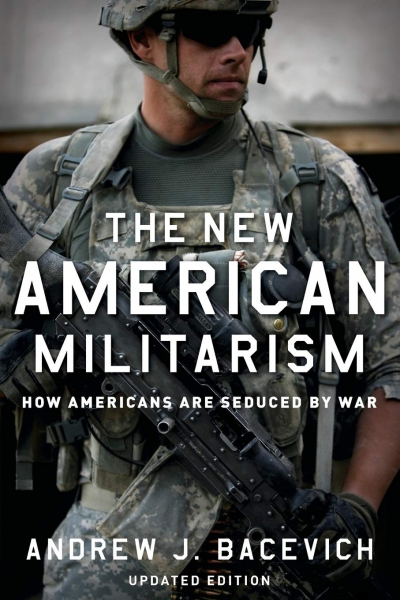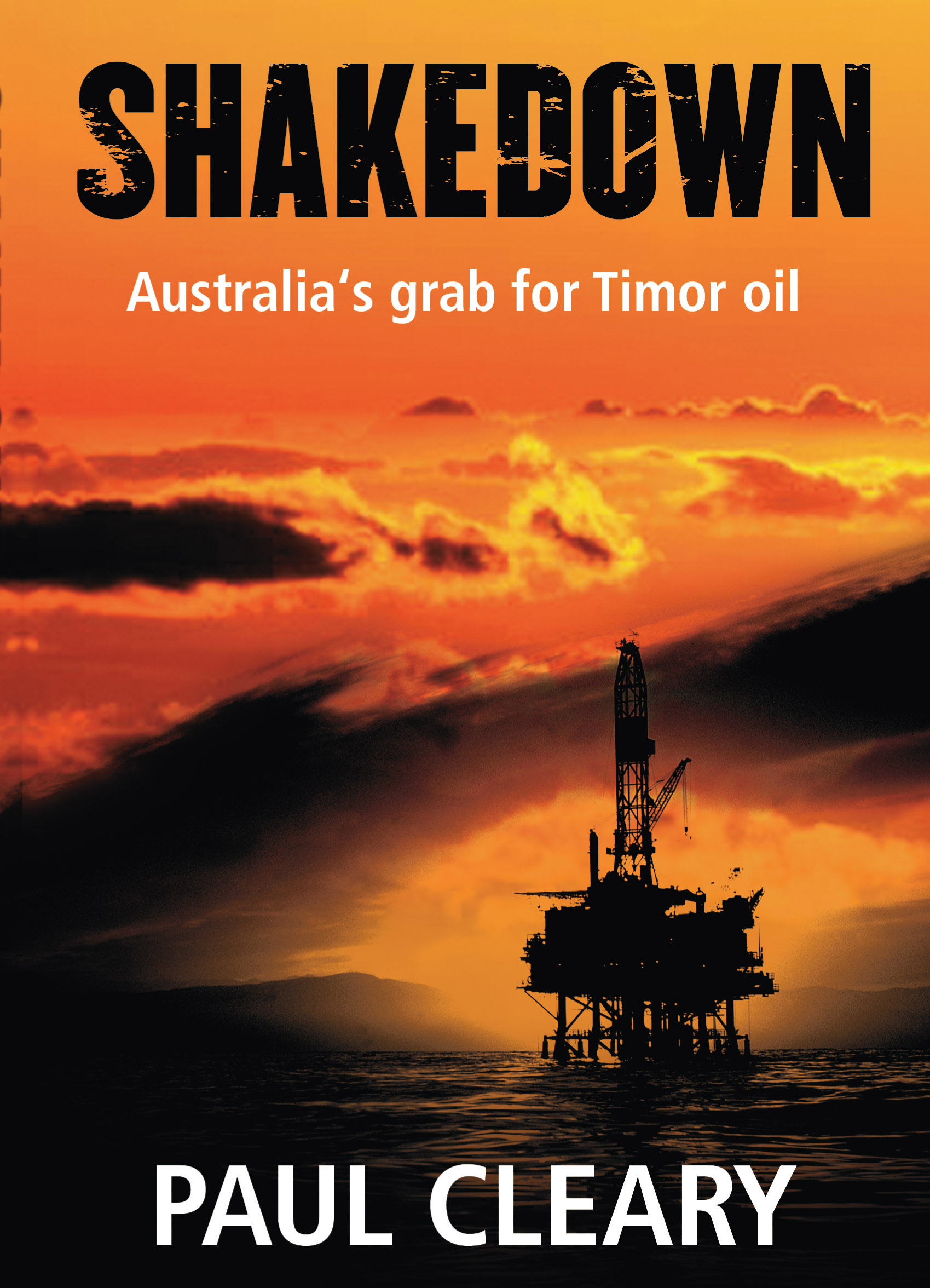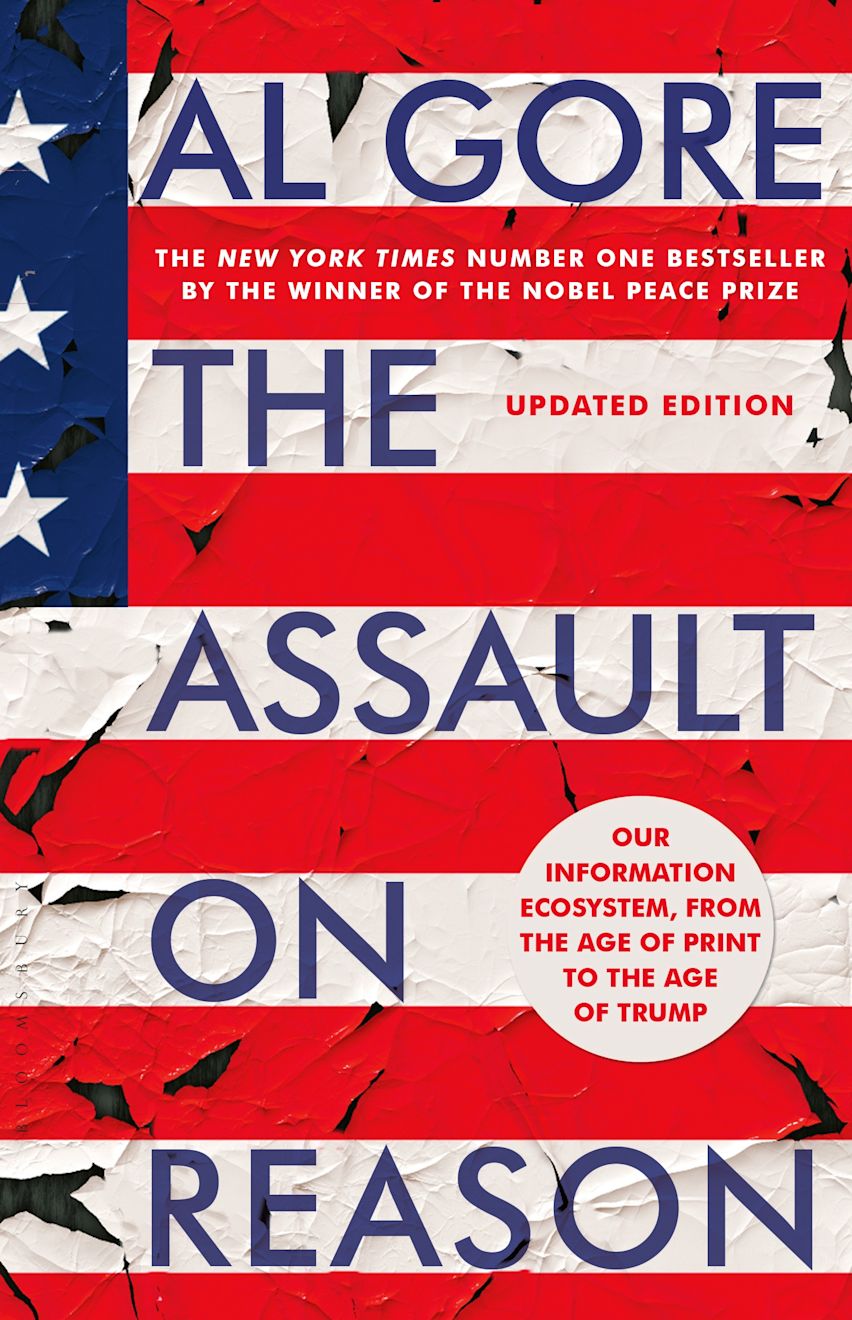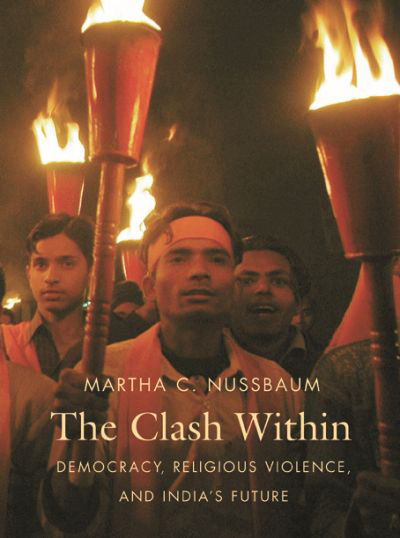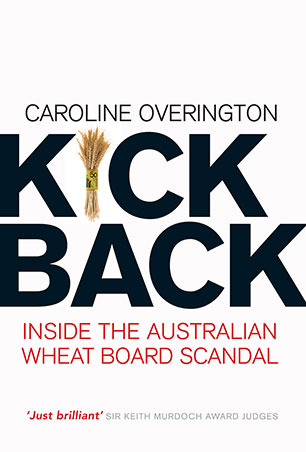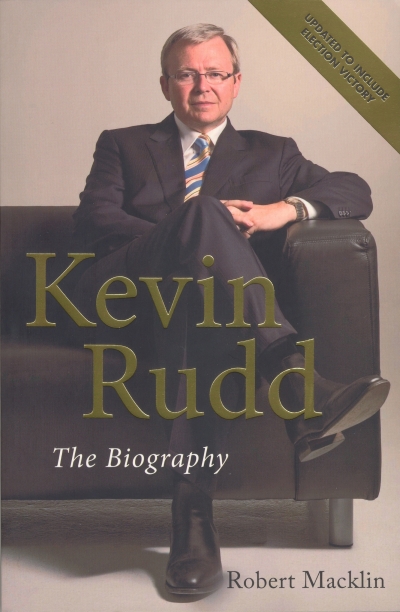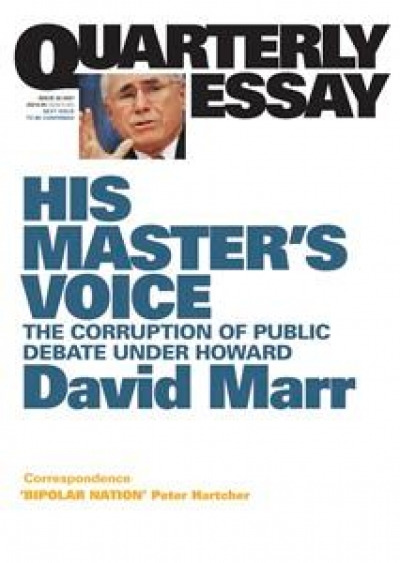Politics
The Oxford Companion to Australian Politics edited by Brian Galligan and Winsome Roberts
by Neal Blewett •
Against the Grain: Brian Fitzpatrick and Manning Clark in Australian history and politics edited by Stuart Macintyre and Sheila Fitzpatrick
by Nick Fischer •
The New American Militarism by Andrew J. Bacevich & Unintended Consequences by Kenneth J. Hagan and Ian J. Bickerton
by Richard Broinowski •
Man of Steel: A Cartoon history of the Howard years edited by Russ Radcliffe
by Robert Phiddian •
The Clash Within: Democracy, religious violence, and India's future by Martha C. Nassbaum
by Joan Grant •
Kickback: Inside the Australian wheat board scandal by Caroline Overington
by John Button •
Kevin Rudd by Robert Macklin & Kevin Rudd by Nicholas Stuart
by Neal Blewett •



